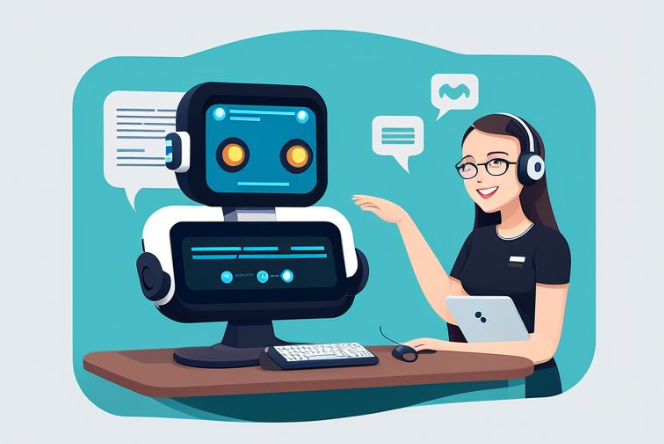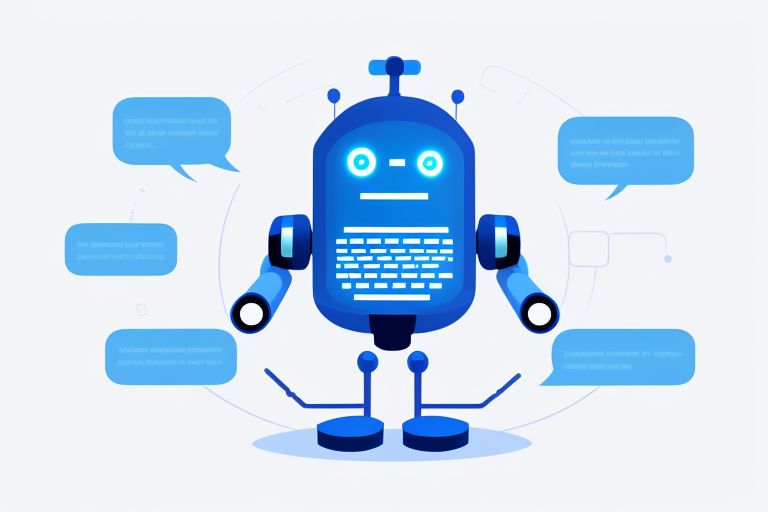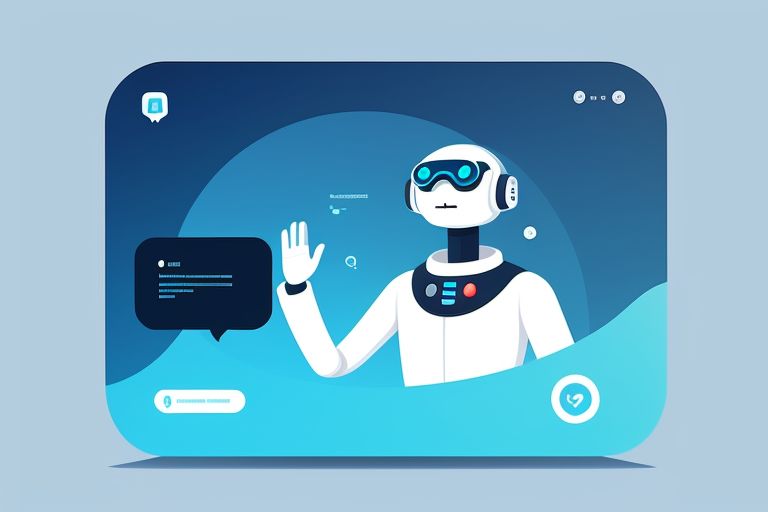With generative AI becoming a hot topic (again), CXOs started adding AI projects, especially implementing an AI chatbot like ChatGPT for business, on their to-do list. While a chatbot powered by generative AI may be a game-changer for business, investing in a chatbot is not cheap nor trivial. So it is worth asking first: does your business really need an AI chatbot? We suggest that business leaders answer the 3 questions below to quickly determine whether it is worth investing in a chatbot for a line of business.
Q1: Do you want to improve profit margins of services that involve labor-intensive, time-consuming human interactions?
- If your answer is no, you don't need a chatbot.
- If your answer is yes, it's worth considering.
Chatbots are meant to automate human interactions, especially those that are labor intensive and time consuming. Using the enrollment counseling service as an example, an enrollment ounselor must handle complex, personal interactions, such as guiding prospective students to explore suitable program options, addressing their concerns, and eventually helping them make an enrollment decision. If your service is like counseling and tutoring services that require much human time and effort, investing in a chatbot might be worthwhile: adopt a chatbot to automate human interactions and reduce human workload.
Q2: Do you want to scale out services that require extensive human effort and time?
- If your answer is no, you don't need a chatbot.
- If your answer is yes, it's worth considering.
High-touch servies like advising and counseling are hard to scale due to the human and time effort required. Hiring more staff may not even be a solution. For example, prospective students of online programs who have full-time jobs or are located across the globe, need assistance beyond regular headquarters' business hours. Hiring human staff to cover off-hour time frames can be extremely costly and impractical. On the other hand, an AI chatbot can operate 24/7 and interact with hundreds of thousands of users at the same time.
Q3: Do you want to have a happy and healthy workforce?
- If your answer is no, you don't need a chatbot.
- If your answer is yes, it's worth considering.
Humans dislike repetitive tasks. For example, a human tutor is not thrilled to answer the same question or deliver the same tutorial for hundreds of students over and over again. Emotionally taxing tasks can also lead to burnout, as seen with grievance counselors. In contrast, an AI chatbot can take on the repetitive work without a complaint or emotionally demanding tasks without being burnt out. Humans can then focus on more meaningful or pleasant tasks, thereby enhancing job satisfaction.
In summary, if your answers are "yes" to all above 3 questions, it is worth considering the adoption of an AI chatbot. If you want your chatbot to get its job done, you want a chatbot powered by generative AI as a minimal requirement.




